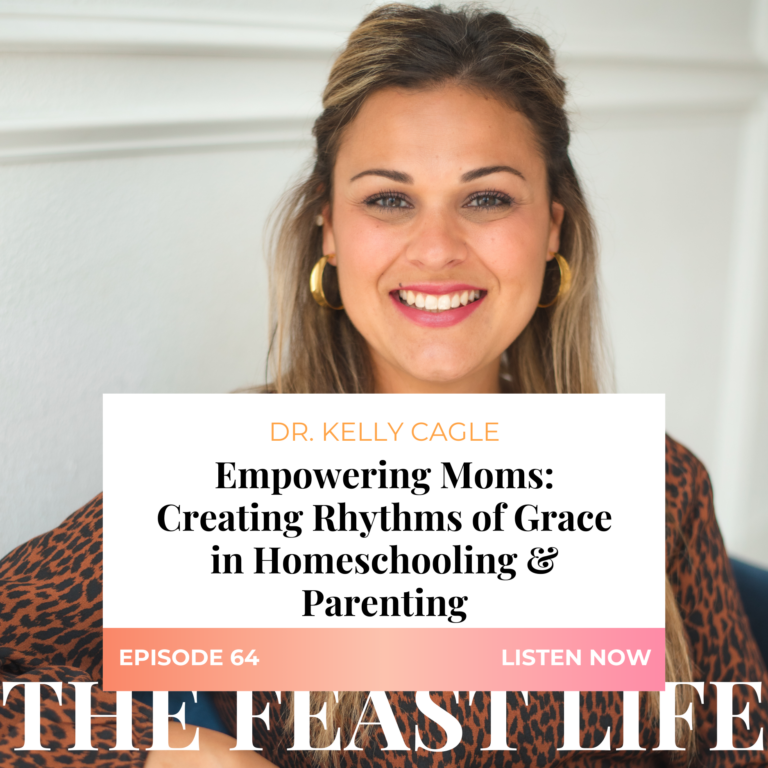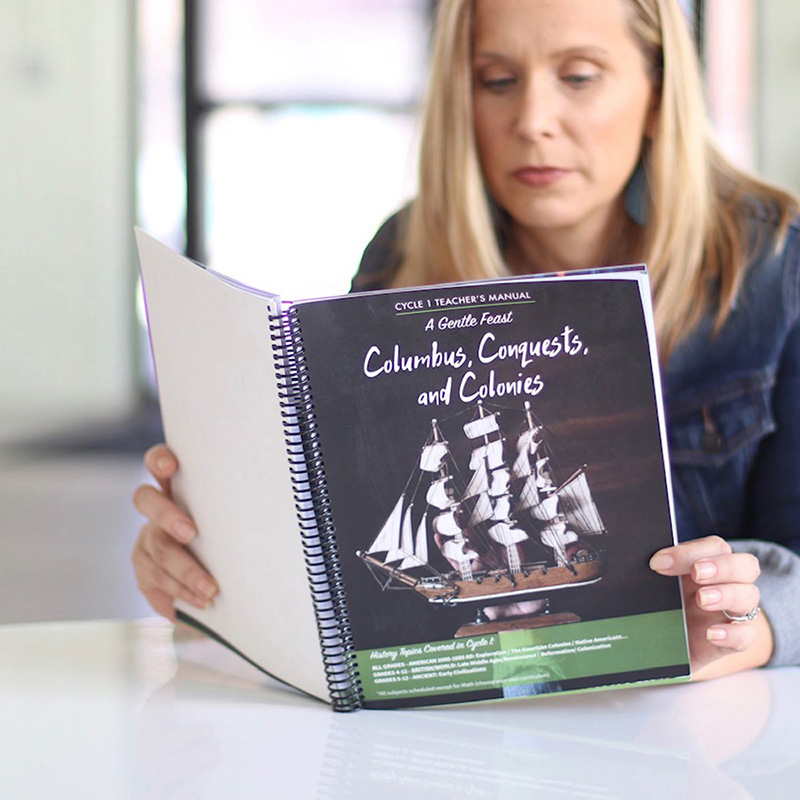
I’ll never forget the day my “I know best” mentality smacked me in the face.
My husband had taken our daughter to the park so I could have a quiet moment to catch my breath. When they came home, I was greeted by a sight that instantly triggered my inner perfectionist:
- Her hair was a tangled mess.
- Her clothes were muddy.
- And—wait for it—she was wearing mismatched shoes.
My first instinct? Swoop in and fix everything.
But then I caught a glimpse of their faces—both of them were beaming. They were laughing about a new game they’d made up and proudly showing off the treasures they’d found.
And it hit me: my definition of “best” had nothing to do with what mattered most.
That messy moment? It was pure joy for them.
It was a wake-up call I desperately needed. My relentless pursuit of perfection—redoing lessons, micromanaging chores, and needing everything to go “just right”—was robbing me of the very thing I wanted most: connection with my family.
Homeschooling is messy. Family life is messy. And that’s okay.
As homeschool moms, our perfectionism can feel like a badge of honor. We pour ourselves into planning the perfect lessons, keeping the house tidy, managing schedules, and making sure every meal is nutritious. We aim to give our kids the absolute best—and often set the bar impossibly high for ourselves.
But this relentless pursuit of “just right” doesn’t come without a cost. It can create unnecessary tension in our relationships, stifle our children’s growth, and leave us feeling utterly drained.
The “I Know Best” Mentality
Let’s get honest about the voice in our heads that says, “I know best.”
It’s the one that tells us we need to redo the history project because it’s not as polished as we’d like. The one that critiques snack choices or micromanages our kids’ handwriting practice because their letters aren’t perfectly aligned.
Here’s the hard truth: what feels like helpful guidance to us can come across as criticism or mistrust to others.
This perfectionist tendency may start with good intentions, but it often leads to resentment, a lack of independence in our children, and more pressure on ourselves than we can handle.
Where Does This Come From?
Our need for control is often rooted in a mix of factors:
- Societal Expectations: Social media and advertising bombard us with images of the “perfect mom” who somehow has it all together—flawlessly homeschooling, managing her home, and never breaking a sweat.
- Insecurity: Controlling every detail can feel like a way to manage fears about failing our kids or not doing enough in our homeschool.
- Perfectionism: The never-ending chase to be ahead, prepared, and exceeding expectations in every possible way.
- Past Experiences: If you grew up in a “mom knows best” environment, you might find yourself replicating it despite vowing to parent differently.
The Cost of Control
Operating from an “I know best” mindset comes with significant consequences:
- For our kids: We risk undermining their confidence and independence when we swoop in to “fix” everything.
- For our relationships: Micromanaging can create tension and resentment with our partners, leaving them feeling unappreciated.
- For ourselves: Constantly managing every detail is exhausting. It leaves little room for joy, creativity, or meaningful connection.
Ironically, the more we try to control, the less others step up—reinforcing the belief that only we can handle it.
Embracing Imperfection
Letting go doesn’t mean we don’t care; it means we’re making space for growth, connection, and those beautifully messy moments that make family life so rich. Here’s how we can start:
- Ask instead of fix: Shift from, “Let me handle this,” to, “How would you do this?” It builds trust and collaboration.
- Embrace “good enough”: Not everything has to be perfect to be meaningful.
- Reframe mistakes as opportunities: View mishaps as chances to learn rather than failures.
- Share vulnerabilities: Show your kids that you don’t have all the answers—and that’s okay.
- Reflect on triggers: Notice when your need for control flares up, and ask yourself what’s driving it.
A Final Word
Mama, you don’t have to do it all—or do it perfectly—to be enough. Your value isn’t in how flawless your homeschool day looks or how perfectly organized your home is. It’s in the love, laughter, and connection you share with your family.
So take a deep breath, let go of the reins a little, and remember: sometimes, the best memories are the messy ones.
Ready to release perfectionism, overwhelm, and the need to do more? Check out this YouTube video:










